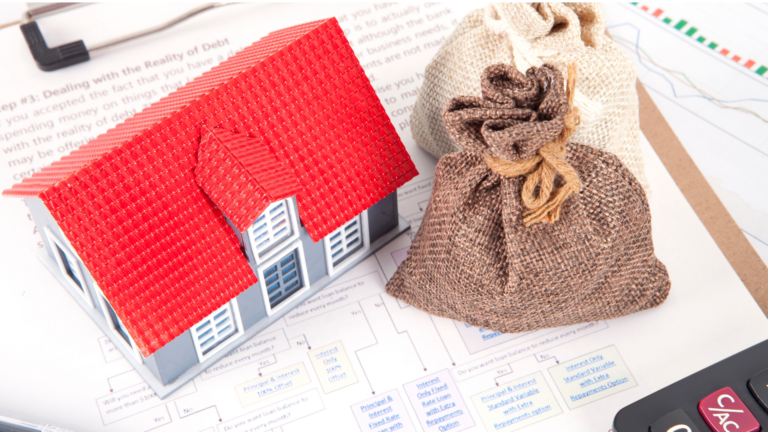When we think of interest rates and how they have increased so dramatically over the last year or so we think of mortgages, lines of credit, credit cards and other forms of bank debt. But there is another creditor that may be looking to be paid – the Canada Revenue Agency (CRA).
Currently, bank interest rates (for the best customers) hover around 7% or so. The current CRA interest rate on outstanding tax balances is 9% and might possibly increase to 10% in the fall (it was as low as 5% in 2022). This is an expensive debt to carry.
There are two ways in which CRA will charge interest – first, of course, on taxes owed but unpaid by the “balance due date” – April 30 for individuals; 2 or 3 months after year-end for corporations (referred to as “arrears interest”). The second way which is less familiar and sometimes missed or ignored is when there is a requirement to prepay the tax bill through instalment payments during the year (referred to as “instalment interest”).
Current year tax instalments are required if the tax owing on filing is consistently more that $3,000 ($1,800 if you are an individual living in Quebec) each year. For individual taxpayers it can be relatively easy to know what is required to be paid – CRA will send an instalment notice in February (for March and June payments) and August (for September and December payments) advising of the amounts to be paid – if this is followed, no interest will be charged by CRA. If it is estimated that the current year tax bill will be less than the CRA notices, less can be paid and there will be no follow up from CRA. But if the estimate turns out to be wrong and there is tax owing at the end of the year instalment interest will be charged.
This advance notice does not happen for corporate taxpayers, so it is important to be on top of what needs to be paid; either quarterly or monthly depending upon the circumstances. And, while the current rate is 9% if the instalment interest charge exceeds a certain level, a further 25% penalty is applied increasing the rate to almost 12%.
So, with the high rate charged by CRA, it is important to look at financing arrangements to perhaps increase bank debt to reduce CRA debt/pay instalment obligations and reduce the overall interest cost – don’t use CRA as a bank. And, both instalment and arrears interest charged by CRA is not deductible for tax purposes. It may be possible to rearrange debt such that some or all of the refinanced debt/interest is deductible for tax – something we at Welch regularly review with our clients. We also make sure our clients understand the cost of CRA tax debt – CRA already takes enough from us in taxes; we don’t need to pay interest too….
Don Scott, FCPA is a retired Tax Partner and Senior Advisor to Welch LLP Tax Team.













